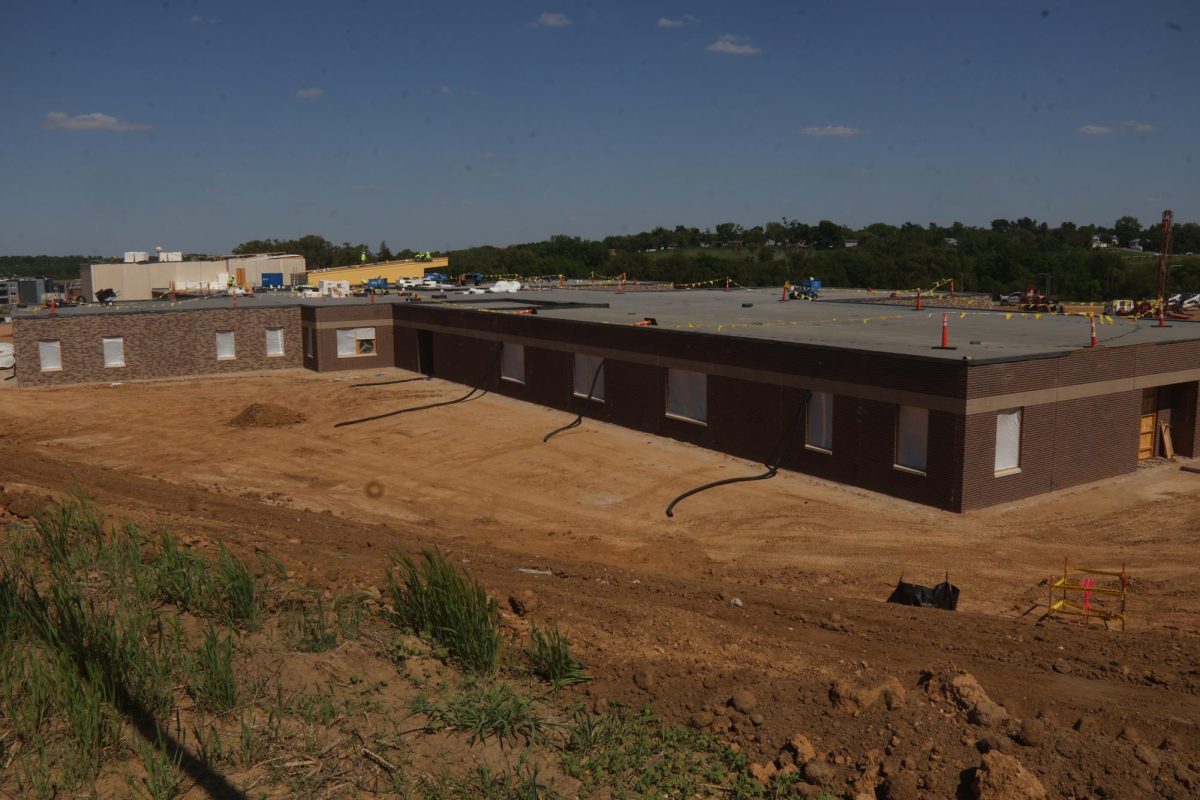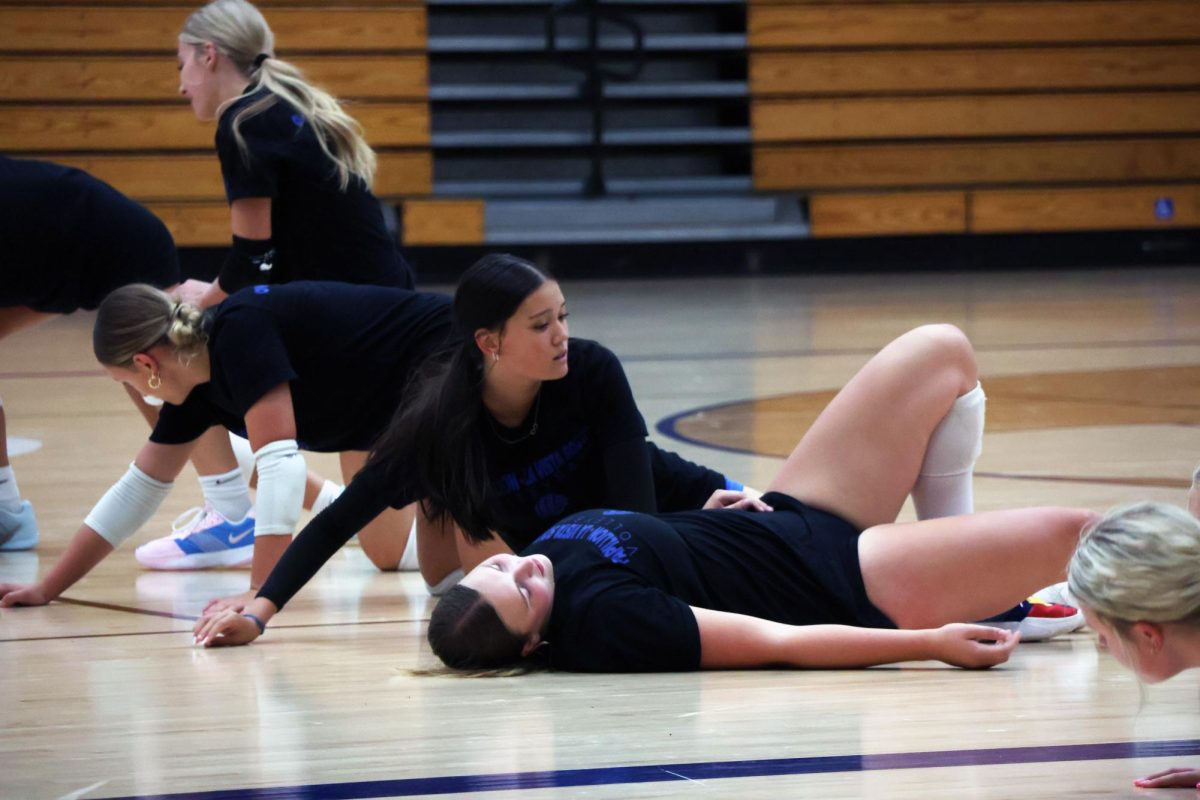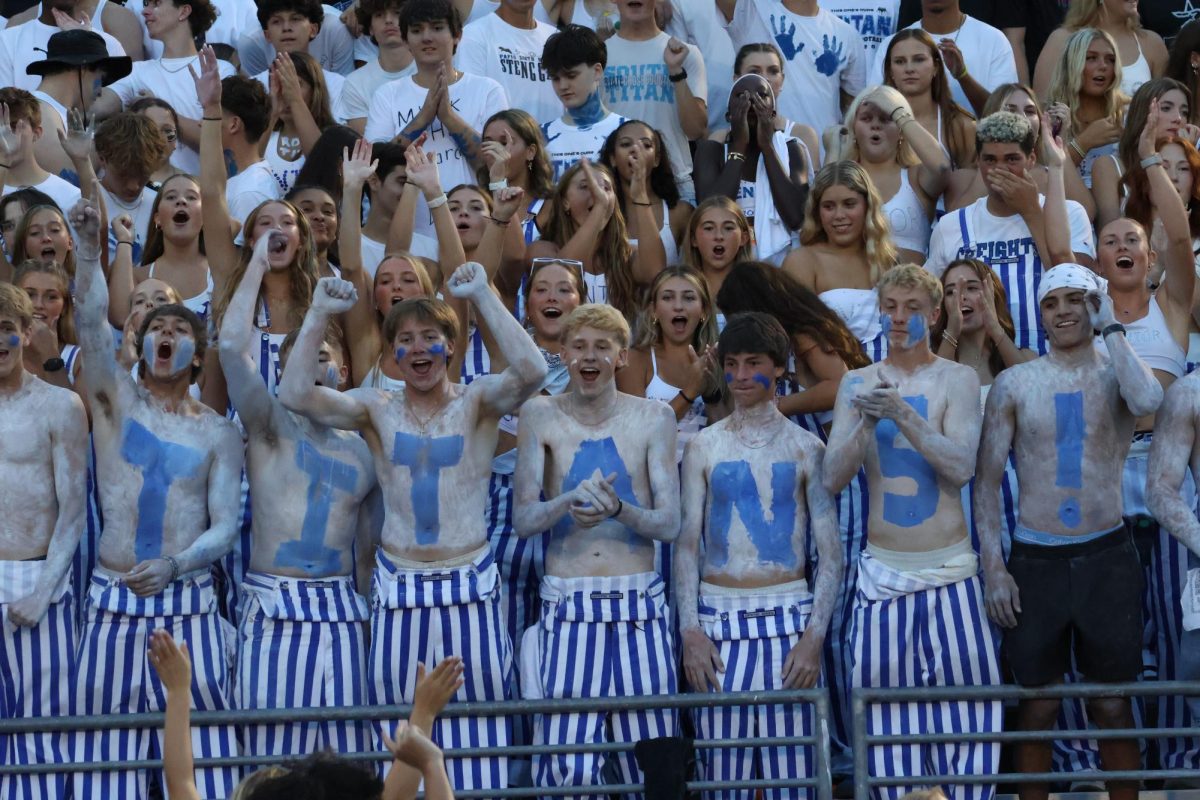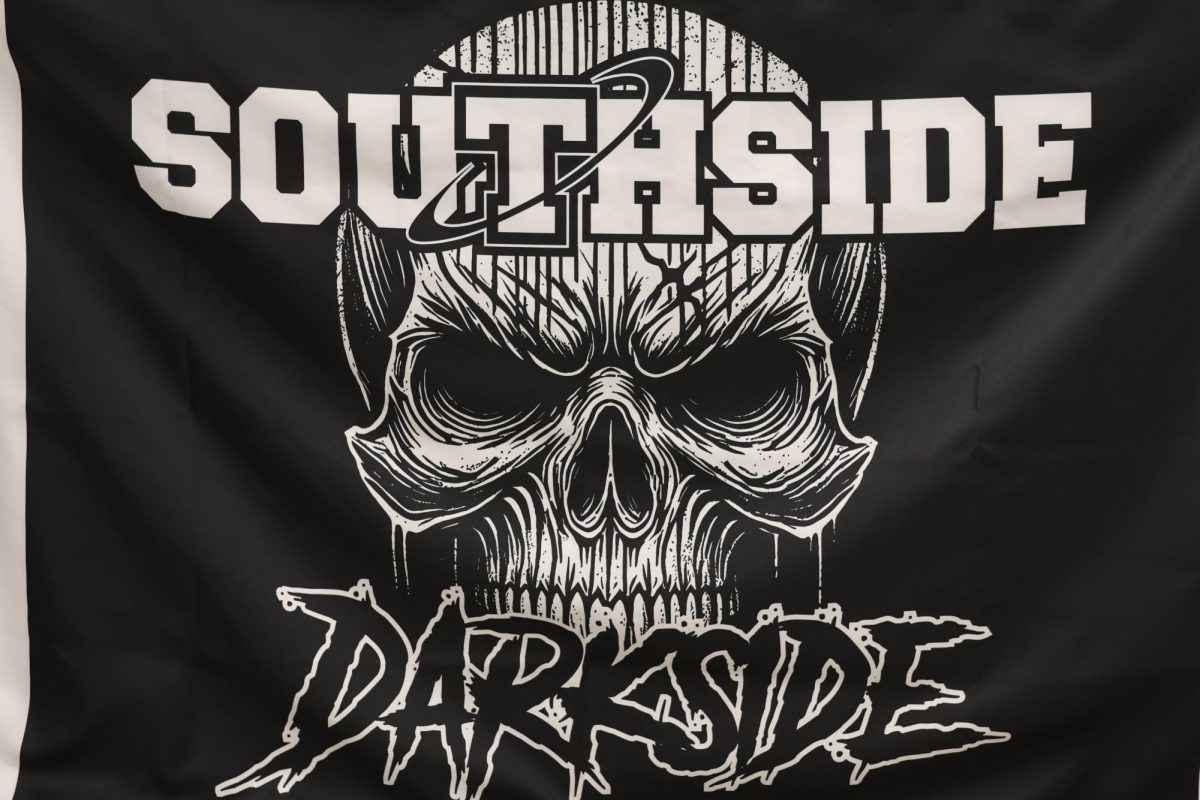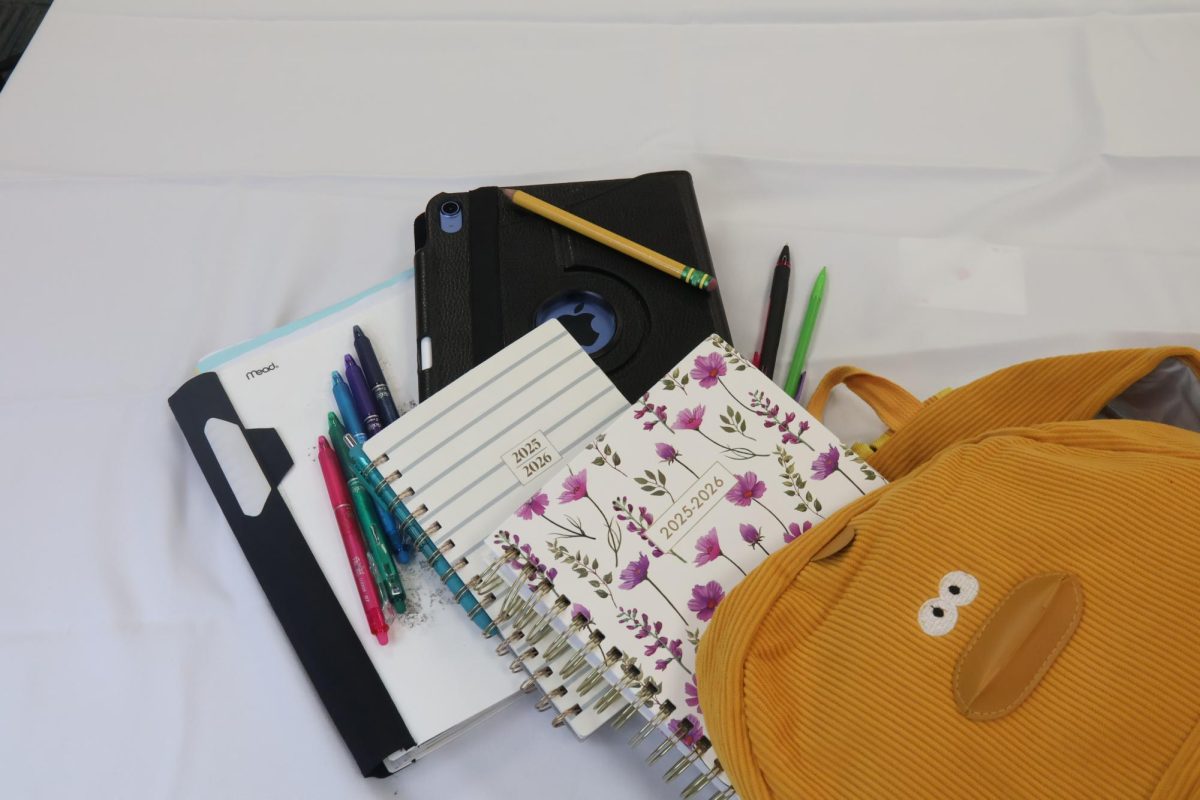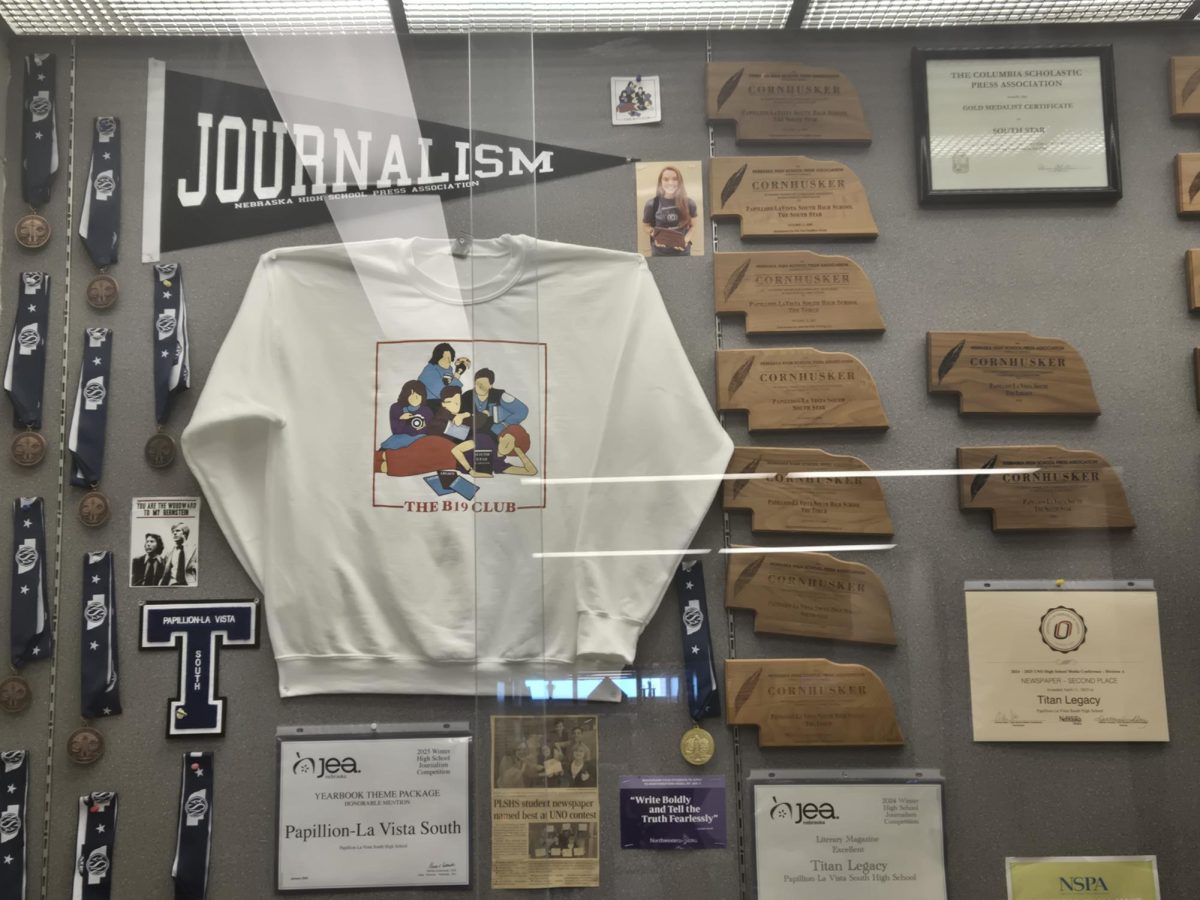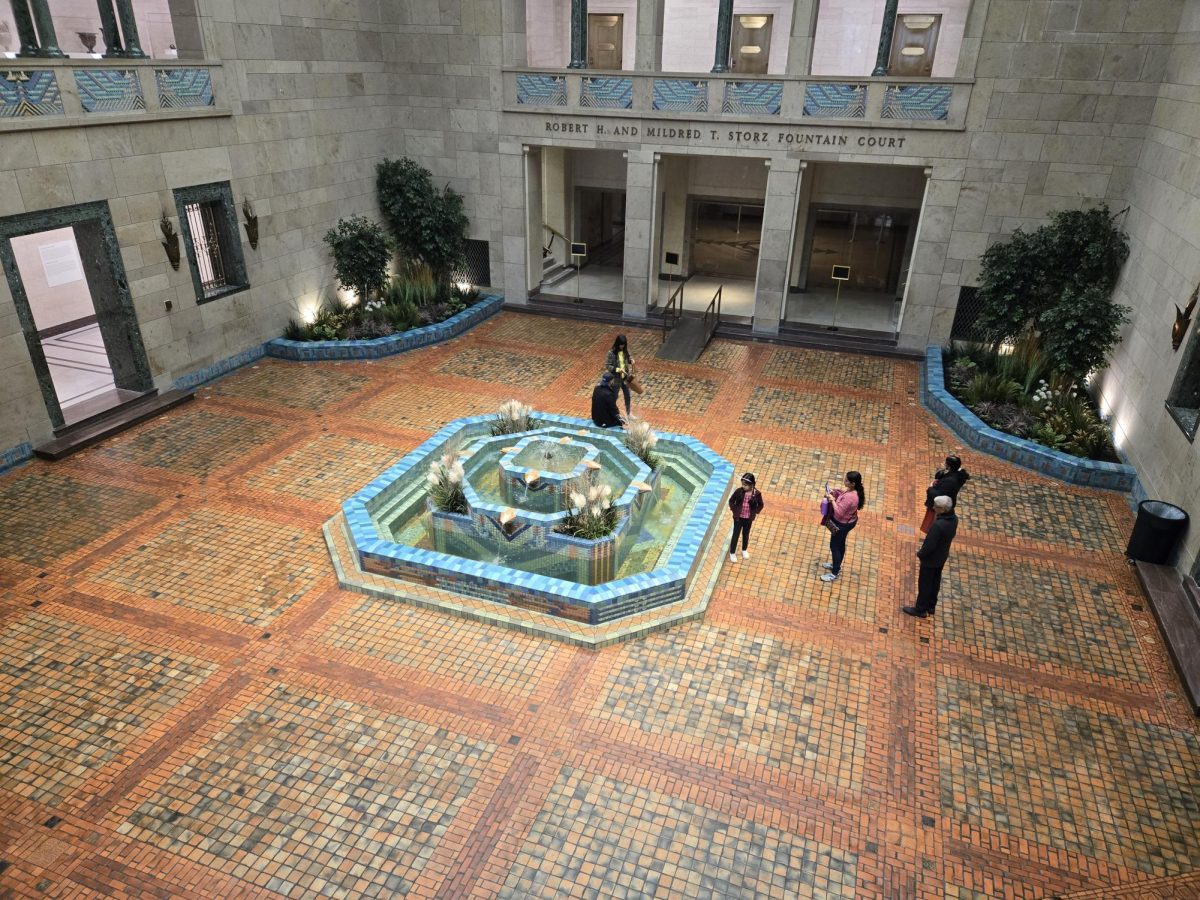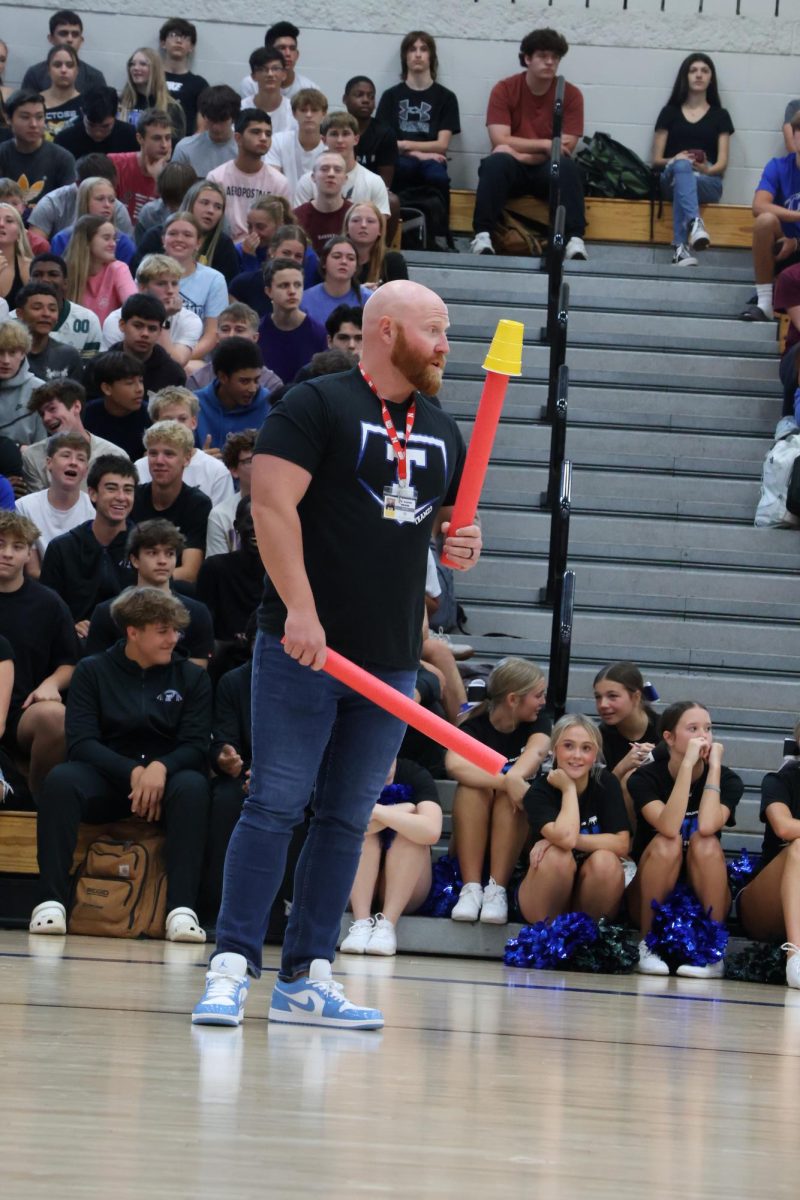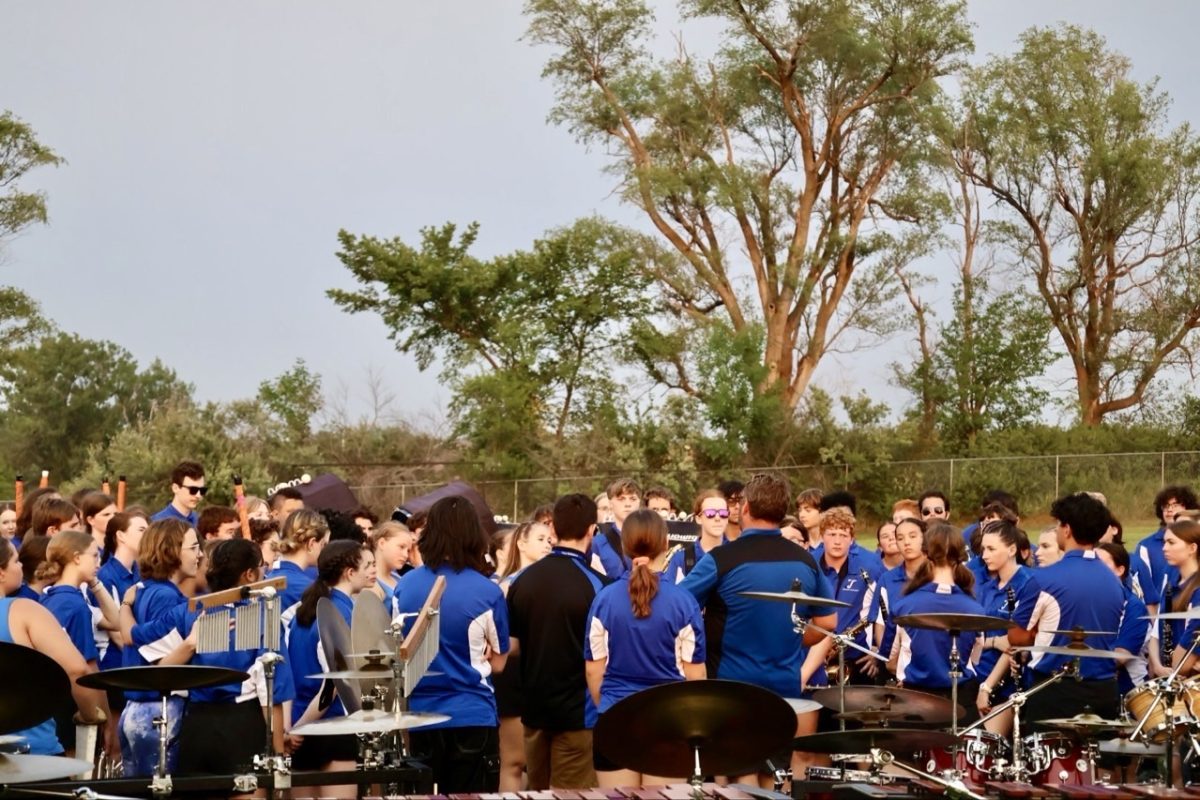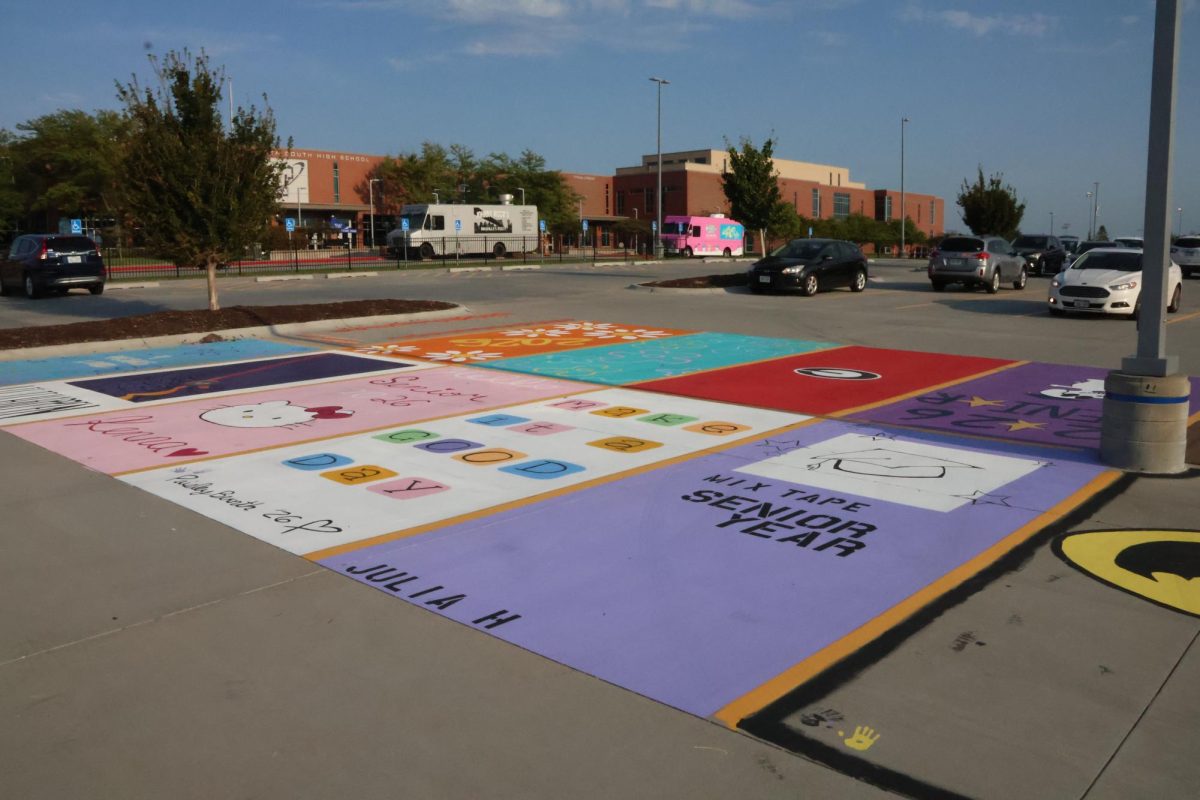Nebraska lawmakers are debating a bill that would allow public funds to subsidize the cost of private schools for participating families by depositing $1,500 a year into an educational savings account for each K-12 student attending private school.
State Sen. Ben Hansen, who proposed the bill, said in an interview with Nebraska Public Media that his goal was to “fund students, not systems.”
When considering the bill’s goal, it’s important to note how Nebraska’s school funding system works.
Nebraska’s funding formula derives a majority of its income from property taxes, which is the tax rate paid based on a homeowner’s property value. The more the property is worth, the more tax paid.
All homeowners pay property taxes, which fund public schools. When a family opts to send their children to private school, those tuition costs are in addition to property taxes.
Last year, state lawmakers funded approximately $1,500 as a baseline level of state aid per public school student, according to Hansen. With LB1386, parents would have a say of where their student’s $1,500 would go.
Parents who opt for the state savings account for public school expenses could use the money for: tuition and fees; textbooks and school supplies; fees or payments for educational therapies, tutoring or cognitive skills training; and any other academic or learning material approved by the State Board of Education under the new bill.
Titan Legacy recognizes the appeal of such a program to parents who might choose private school for their children, but it raises serious concerns about funding for schools that serve the wider public.
The push for LB1386 seems to be as much a culture war as it is a tax war, as public schools have been under attack for their necessarily inclusive policies and instruction.
Parents not wanting their children to be taught certain topics often choose to homeschool or enroll their children in private schools that are able to limit what their child is exposed to.
No matter what school is chosen, we must look at the bigger picture and note that without proper educational funding for all, society cannot thrive.
In areas of the country where schools are underfunded, students suffer and there are ripples throughout communities as under educated students graduate into the workforce.
The more educated a society is, the less crime is committed and the better our economy will grow.
Everyone needs an education.
Using public tax dollars to fund private schools enhances the privilege of some, but it limits the resources available to public schools, leading to a less educated majority.
Either way, society pays.


![Pictured above is a structure that displays the names of Nebraska Vietnam veterans in order to “honor [their] courage, sacrifice and devotion to duty and country.”](https://plsouthsidescroll.com/wp-content/uploads/2025/10/Trey_092625_0014-e1760030641144-1200x490.jpg)


